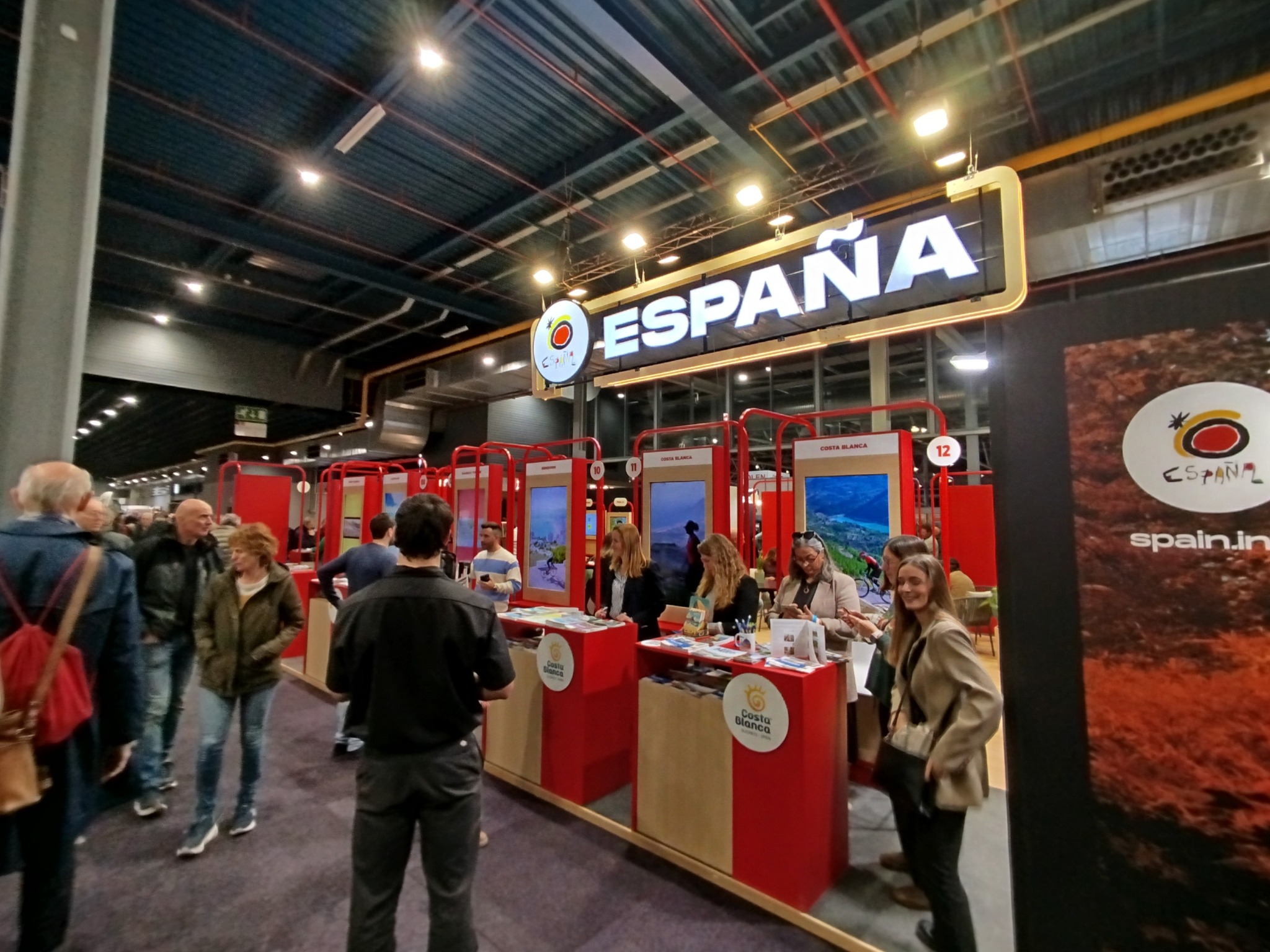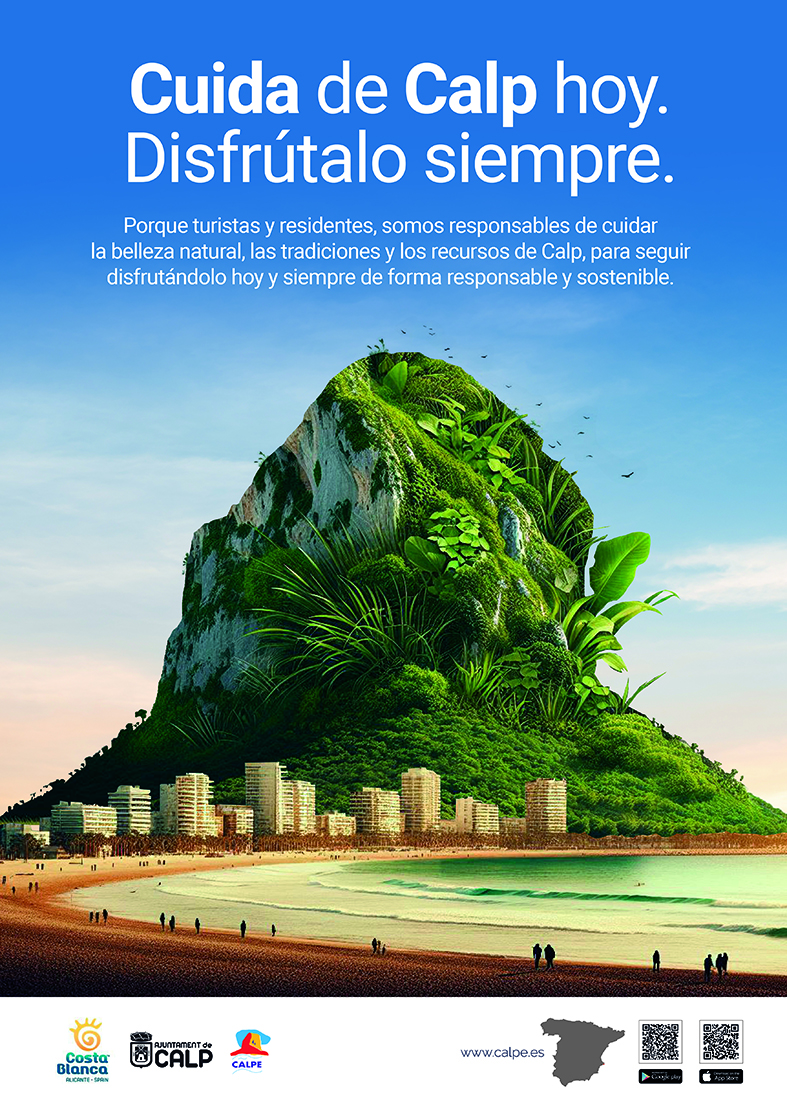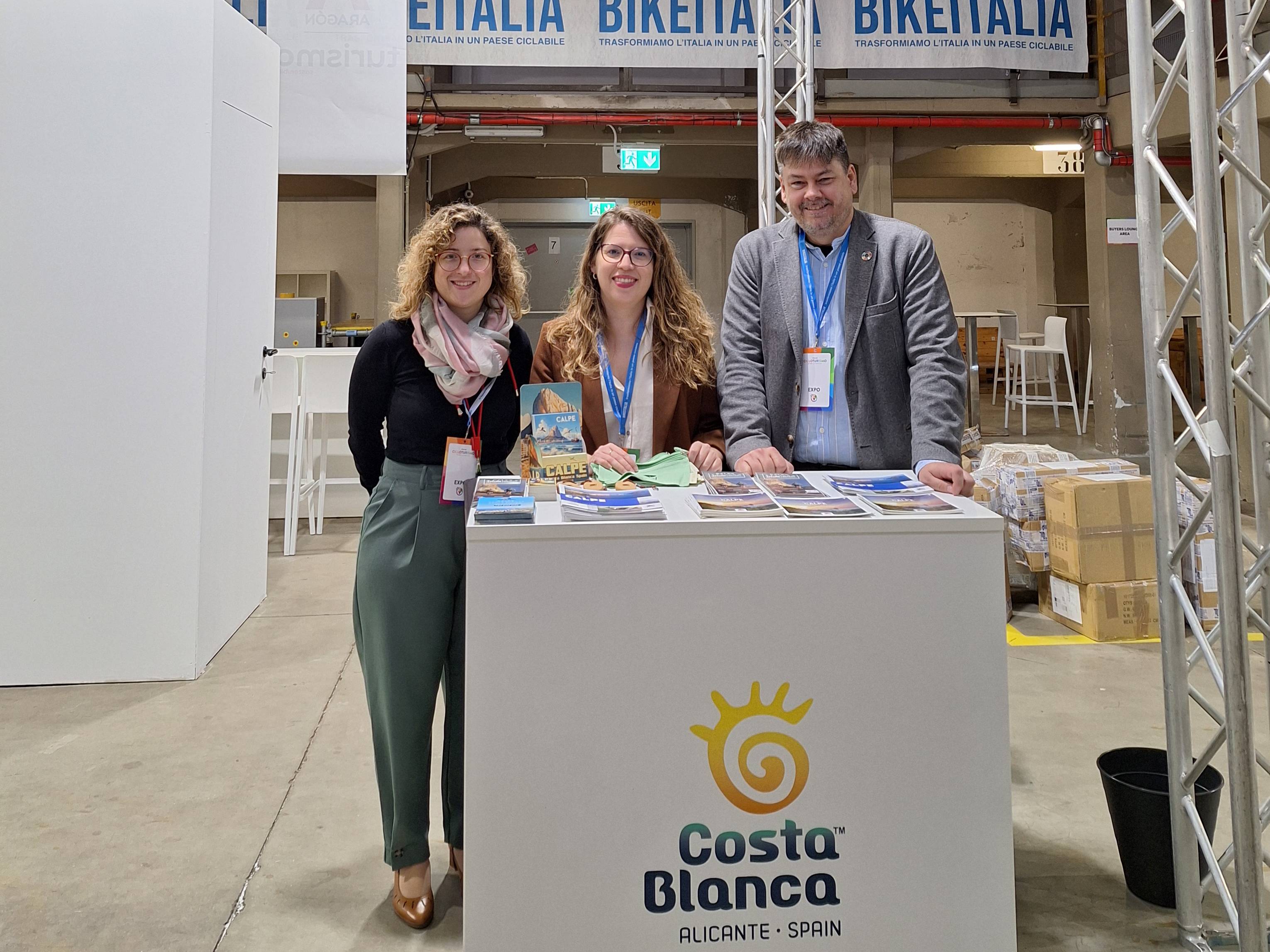The Ministry of Industry, Commerce and Tourism has approved the Calpe Tourism Sustainability Plan 2026 and approves its inclusion in the Extraordinary Call of the Tourism Sustainability Plan in Destination of the Ministry.
Last year, Calpe Town Council submitted this document, which now amounts to 2.001.722€ of investment, to the second call of the Tourism Sustainability Plans in Destination of the Next Generation funds of the European Union for its financing through these European aids.
The plan is based on four thematic axes, with €470,000 earmarked for green and sustainable transition, €5100,000 for energy efficiency, €400,000 for digital transition and €621,000 for competitiveness. In total, the plan involves an investment of €2,001,722 distributed over three years.
The Calpe Tourism Sustainability Plan is committed to projects such as the Local Plan for the Prevention of Forest Fires, the restoration of natural areas and their protection from the impact of tourism or the recovery of habitats for marine fauna and flora. It is also committed to the consolidation of cycle lanes and pedestrian routes in the avenues leading to the beaches and the implementation of an efficient energy management network for tourist resources.
In this sense, the document foresees the incorporation of smart pedestrian crossings as well as smart lighting systems (which will allow streetlights to be switched on or off depending on the natural light intensity) and irrigation systems (which will activate irrigation when a lack of humidity is detected in green areas), as well as atmospheric pollution or parking. It also aims to improve the user experience through digital tools in local museums.
The Plan integrates inclusive and accessible tourism with new promotion and marketing routes. Another of the major projects included in the plan will be the rehabilitation of the Casa Beltrán to create the Museu de la Festa.
The Next Generation funds have been set up by the European Union to alleviate the economic crisis caused by the COVID-19 pandemic, while at the same time trying to promote the transformation of tourist destinations towards sustainability. They are managed through the Secretary of State for Tourism and the Autonomous Communities and, in fact, the evaluation of these projects will be carried out by a bilateral commission between the two administrations.







